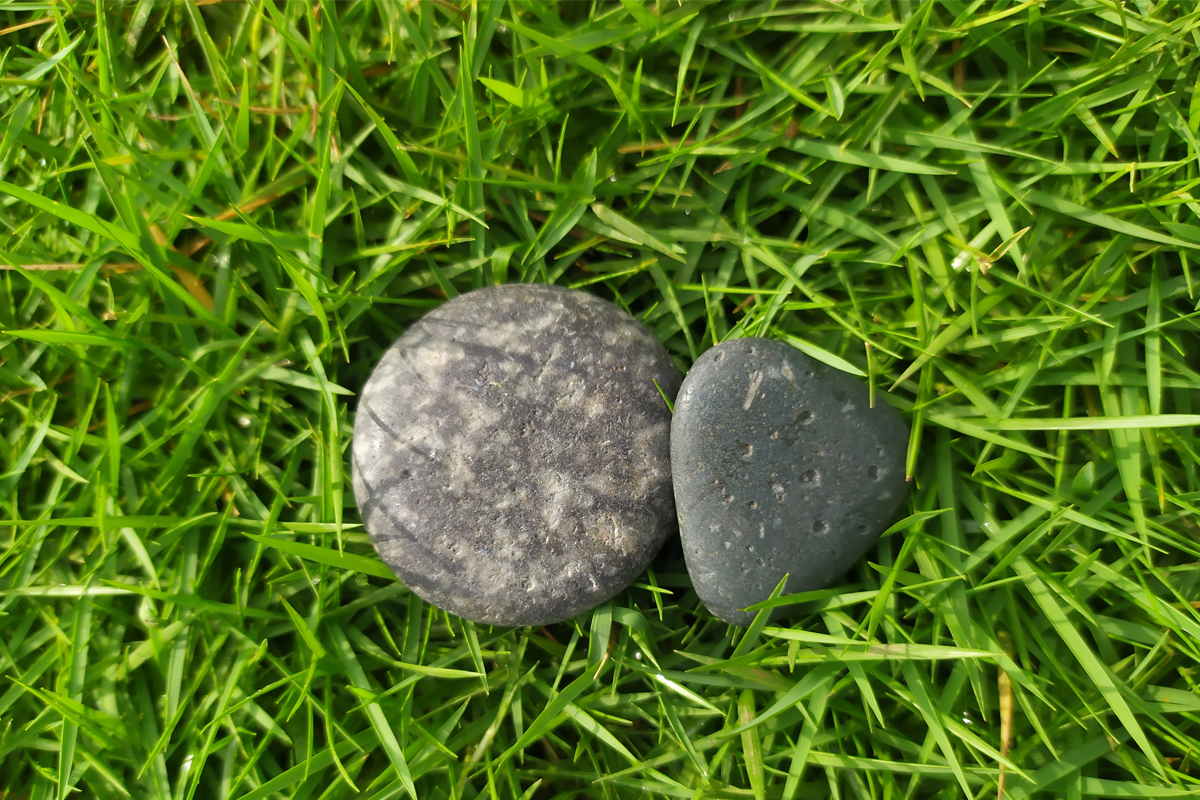Realizing the Uniqueness of Every Individual as an Important Part of Understanding and Acceptance

It’s been almost four years since I graduated from Hartford International University (HIU) for Religion and Peace. But it feels like just yesterday that I took stones from the labyrinth behind my cozy on-campus housing while praying that I would return someday to put the stones back.
I came to HIU for a one-year International Peacemaking Program (currently the MA in International Peacebuilding). At first, I thought it would be hard to spend months in a country with a high level of individualism. I imagined that it was mostly bricks and concrete from images I had of New York and Las Vegas. In fact, since my first day of arrival in Hartford, trees and squirrels were everywhere, along with the yellow school buses and the red barns I saw in children’s storybooks. Most importantly, I was welcomed with smiles and helping hands wherever I stood.
As a Muslim from Indonesia where Islam is the majority, it was my first time coming to a place where I was a minority. I spent almost four years in Turkey, but with more than 90 percent of its population identifying as Muslim, I was also part of the majority there. Nevertheless, experiencing being in the minority for the first time at HIU was wonderful.
I struggled with a lot of fears, though, when I was traveling outside of the comfort zone of HIU’s environment. I often felt unsafe. I was ignored when I was just about to ask for directions. I would shiver whenever I came across strangers in a quiet street, afraid that I might get violent treatment. Thus, I preferred to wear clothes with hoods to cover my hijab (thankfully it was the fall and winter seasons) and my identity as a Muslim woman.
I realize now that all these fears were coming from my own thinking. Having a lot of negative social media influences full of stereotyping, I fell into a defensive position. Thankfully, the people I met at HIU were just wonderful. Whenever I would tell them about my concerns, they would listen and talk to me. It was great. Many times, they asked me to go together whenever I wanted to visit places or invited me to join their activities.
HIU helped me grow and made me feel it was worth it to experience being a minority in a place full of diversity. I experienced interreligious exposure from serious discussions in classes that centered on mediation, dialogue, project planning and communicating across cultural and religious differences. There were also casual and meaningful daily activities such as coffee hours, cooking for and eating Sabbath dinner, the Friday prayers, building a Sukkah, arranging Christmas trees and presents, celebrating Thanksgiving, and even watching soccer — though I’m not a big fan of it. These all led me to explore new insights in different traditions and faiths while deepening my own.
By exposing ourselves to diversity, we have a chance to see the uniqueness everyone brings with them since people experience and approach life differently. By understanding the uniqueness, we are bound to understand and accept that it is okay to be different. These kinds of thoughts help me to counterattack stereotypes. Whenever I am faced with negative thoughts or news about something, I choose to believe in and learn from my own experiences while, of course, being open to accepting new insights and experiences that might also be different than before.
Blessed with all the richness and uniqueness in HIU, the hard work has just begun. To make progress is indeed a lifetime learning process. Phoebe Milliken, Director of the MA in International Peacebuilding, uses the acronym DPART, which stands for Design, Prepare, Act, Reflect, and Transfer. It is important to ensure that all the time and effort dedicated to experience actually results in learning, and of course, transferring it in our daily and professional frameworks. That’s how we learn, and that’s how we grow.
